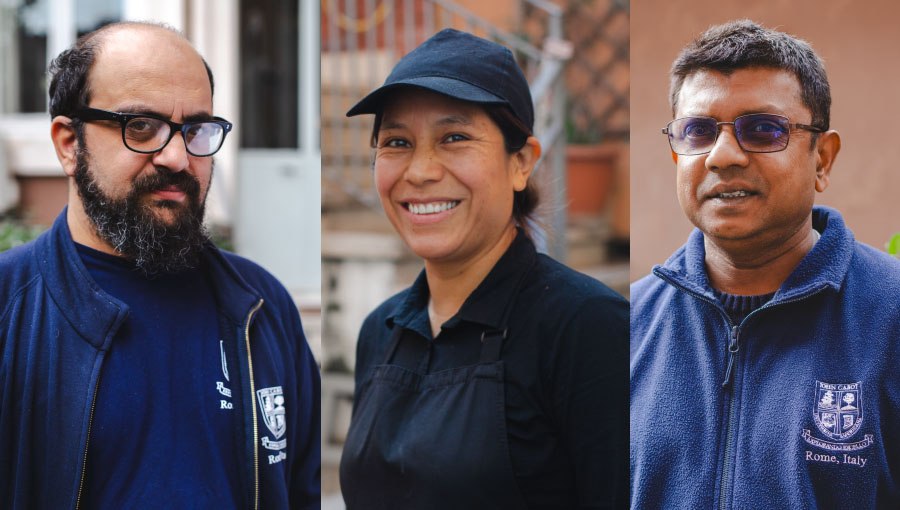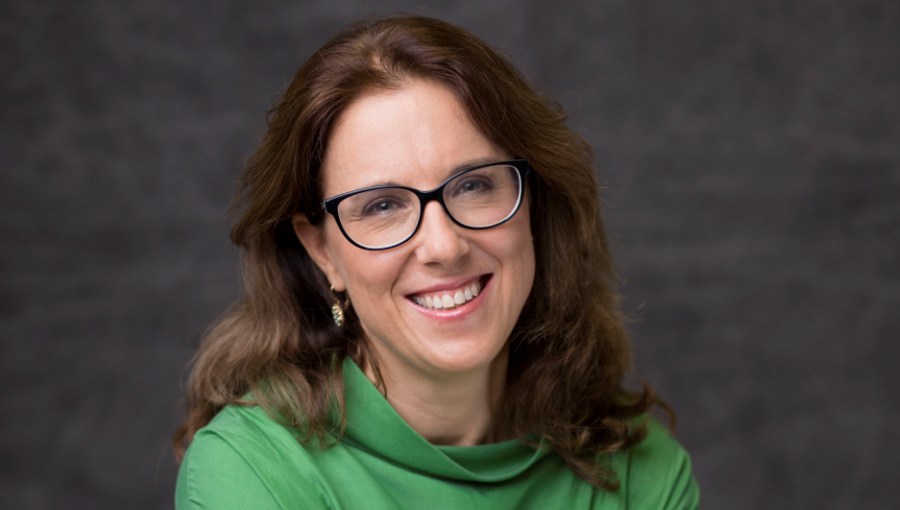JCU Professors Jākobsone Bellomi and Scarpa Speak at Model UN
JCU Professors Ieva Jākobsone Bellomi and Silvia Scarpa participated in the Model United Nations event called “The Future We Want: A Global Initiative for Young Leaders” organized by the Italian Diplomatic Academy (IDA) in Rome on February 3, 2023. IDA is a renowned independent Italian training institute conducting research and training initiatives in the field of international relations. It is formally associated to the Department of Global Communication of the United Nations.

Professor Silvia Scarpa
Professors Jākobsone Bellomi and Scarpa delivered talks on “Skills for Future Global Leadership: Imminent Value of Girls’ Empowerment” and “Human Trafficking and International Law: What Future.” The event saw the participation of 250 students from 80 States, as well as well-known academics and diplomats.
In her workshop, Professor Jākobsone Bellomi invited young leaders to think about the “holistic future leadership challenges” in volatile geopolitical, economic, and social global space. She also discussed the necessity for young leaders to embrace feminine characteristics of leadership – emotional intelligence, empathy, and drive for inclusiveness and equity. Professor Jākobsone Bellomi presented empirical research proving that female leadership in times of crisis is found to be more efficient and effective. The more responsible, more environmental-social-governance- focused leadership style of female leaders is also supported by reports of international institutions, for example the latest European Investment Bank report on supporting female entrepreneurship.
Professor Scarpa discussed human trafficking and its hidden and invisible nature. She provided data and talked about the many forms human trafficking can take. A few examples Scarpa brought forth were labor and sexual exploitation, illegal adoption and forced marriage. She also made comparisons to other contemporary exploitative practices, as well as the smuggling of migrants. Professor Scarpa then continued by analyzing the international legal system on human trafficking in a historical perspective and in its contemporary form. The goal was to highlight critical areas that affect and will likely continue to influence the future of the international legal system in this field.





